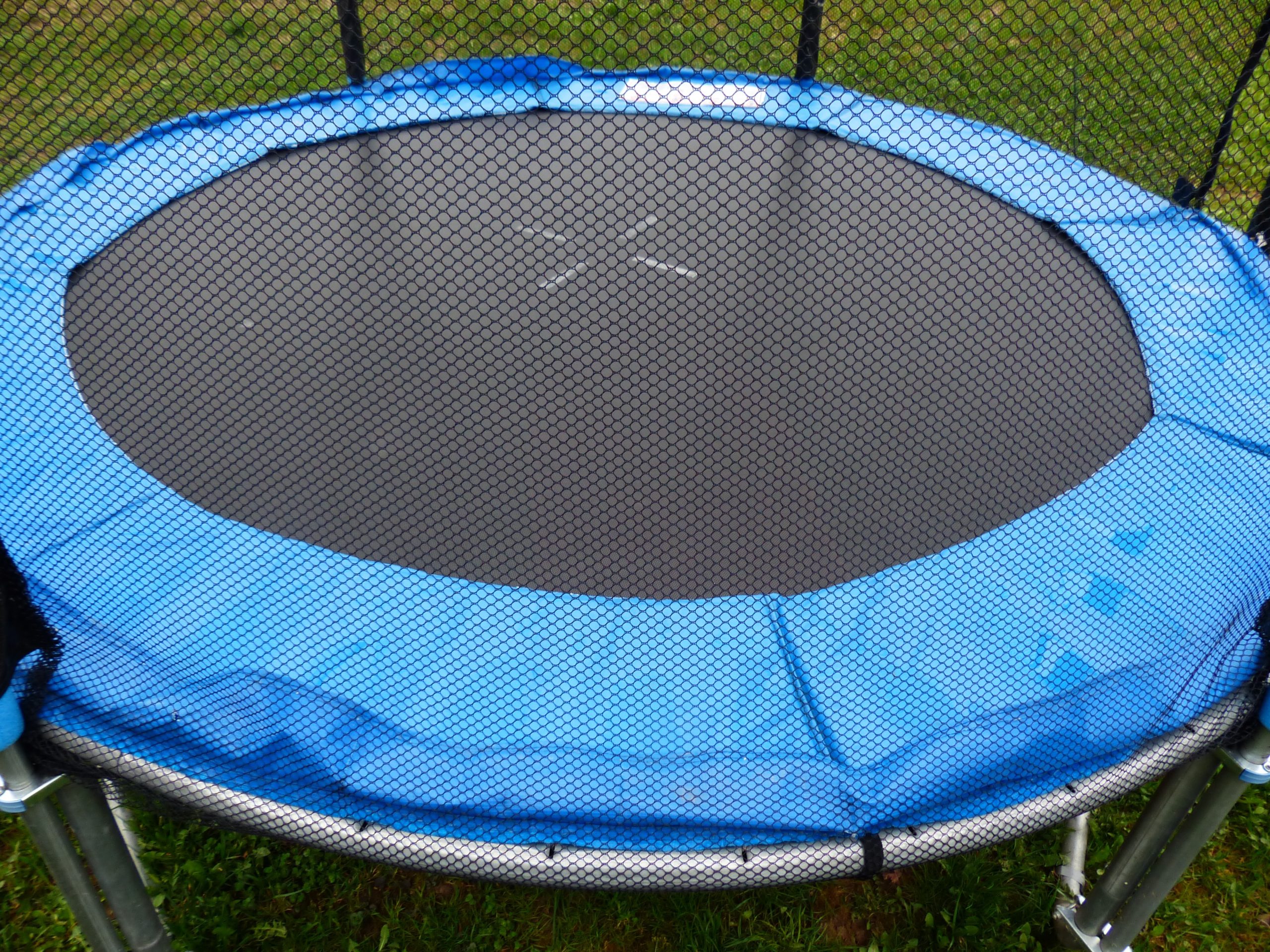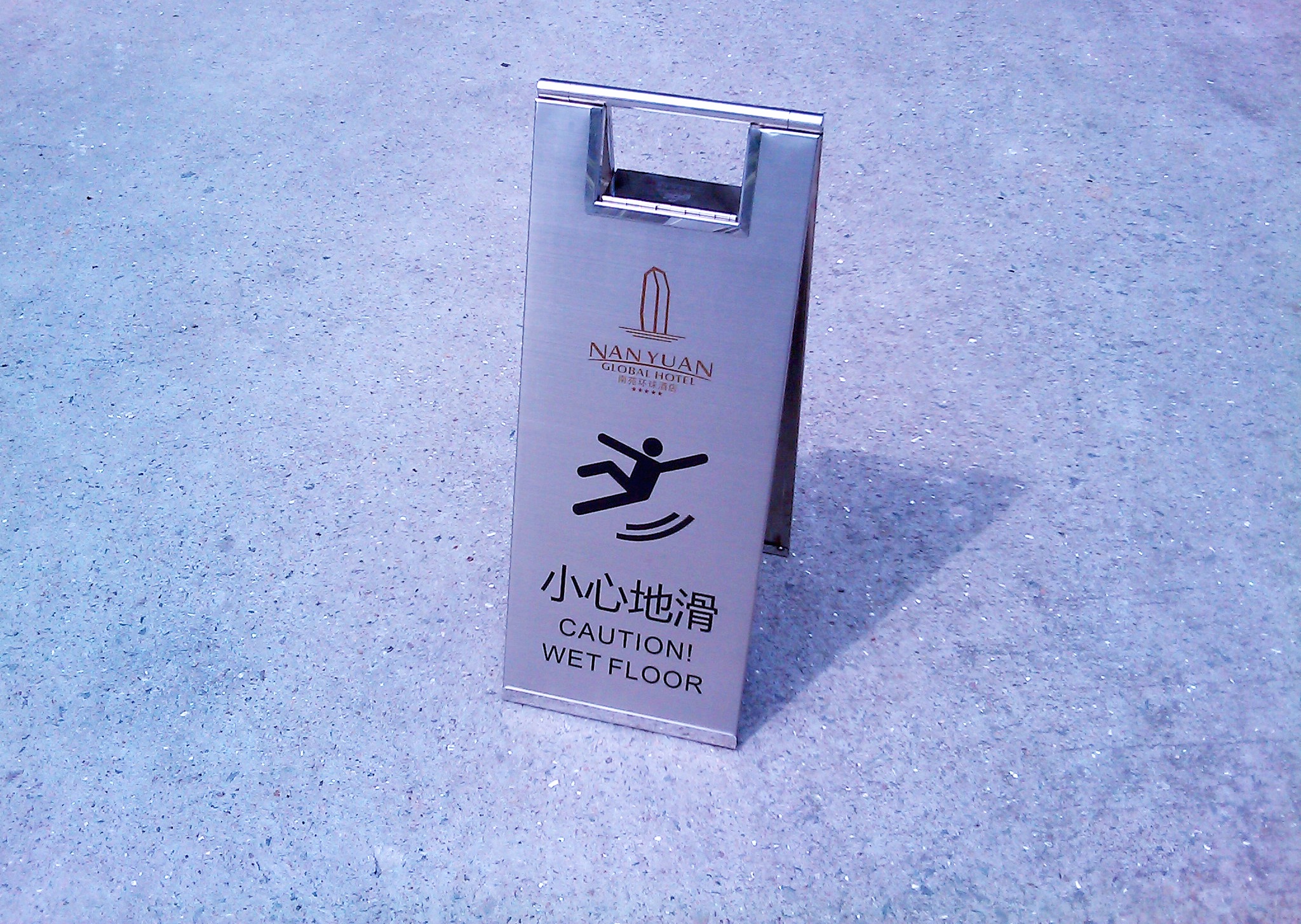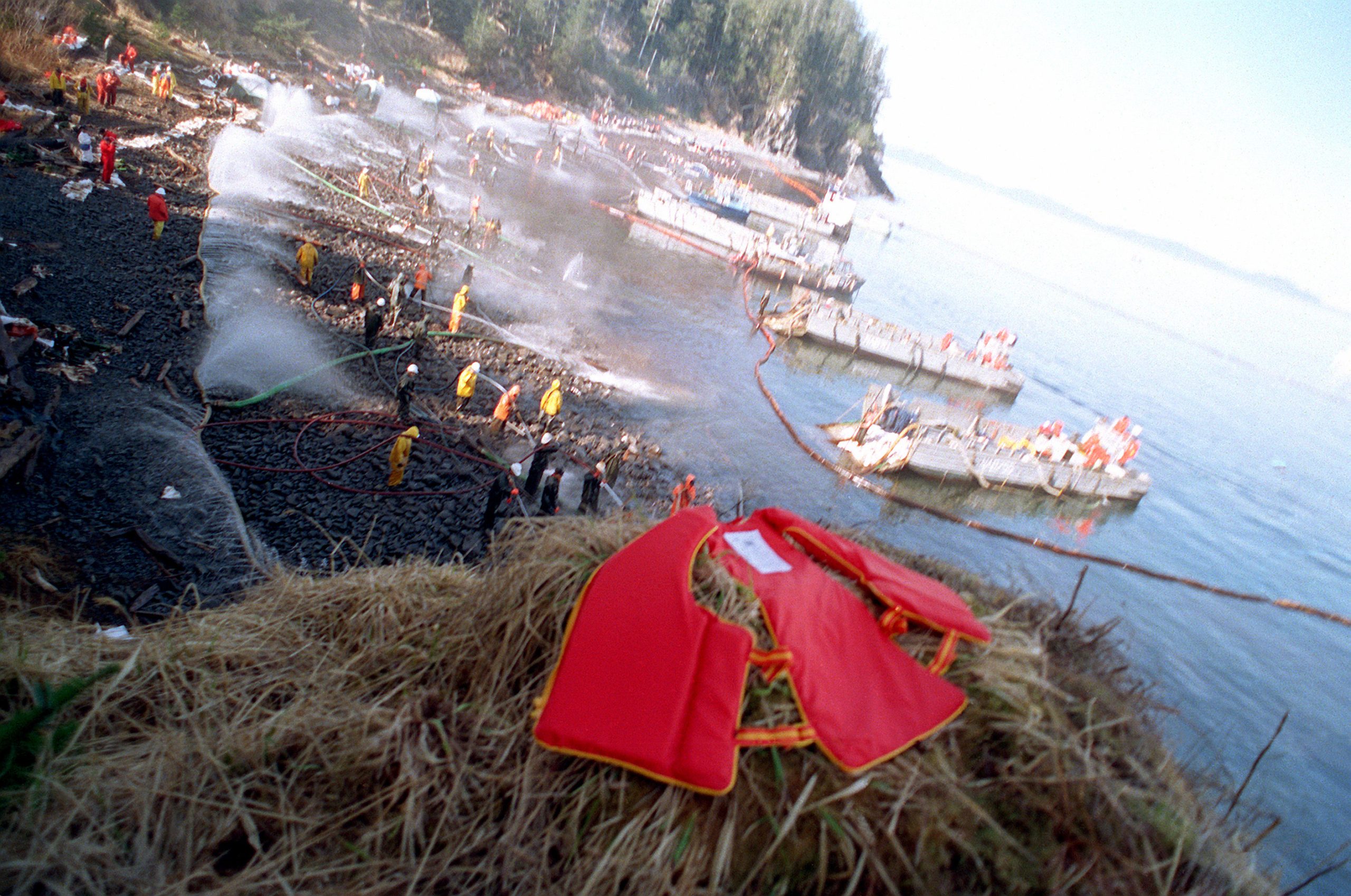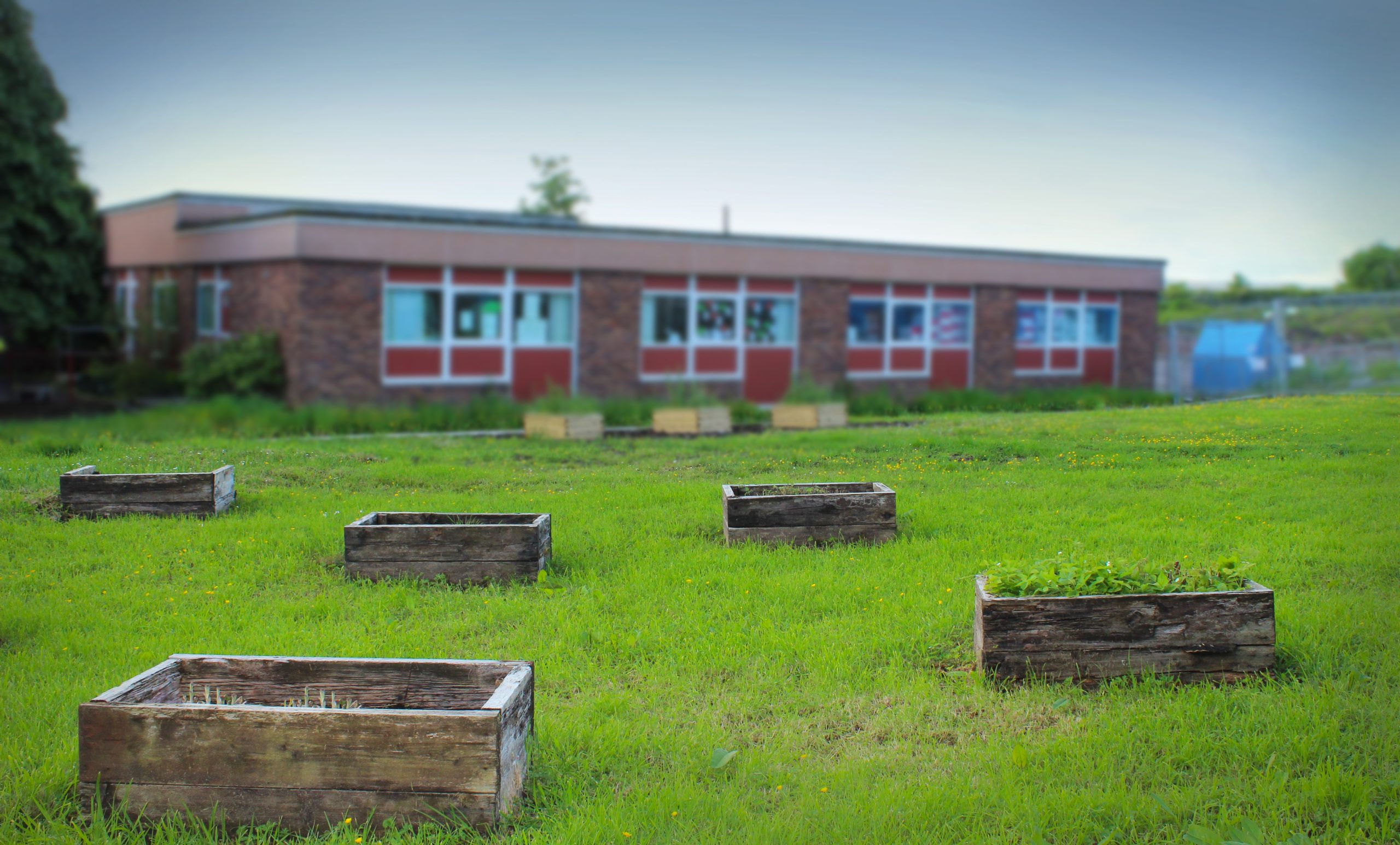 Sometimes, those delightful recreational activities we all enjoy carry an inherent risk. Often, we assume the risk of those injuries when we engage in that potentially reckless conduct. Knowing your legal options following these injuries is necessary, mainly because recovering for these somewhat ordinary injuries can be difficult. What does it look like when a party cannot recover for a recreational injury–here, an injury from a trampoline park visit?
Sometimes, those delightful recreational activities we all enjoy carry an inherent risk. Often, we assume the risk of those injuries when we engage in that potentially reckless conduct. Knowing your legal options following these injuries is necessary, mainly because recovering for these somewhat ordinary injuries can be difficult. What does it look like when a party cannot recover for a recreational injury–here, an injury from a trampoline park visit?
Kurt and Tabitha Perkins visited a Shreveport indoor trampoline park, Air U. Kurt was injured while at Air U, and he was relatively young, had no known or apparent medical issues before the injury, and had done some time with the U.S. Marine Corps. The Perkinses filed a lawsuit against Air U and other parties, namely insurance companies and Air U’s unidentified employees.
Kurt stated in a deposition that he did not know why his left knee gave out when jumping on the trampoline, as he had no other injuries or treatment to his left leg. The other patrons at the trampoline park, mostly young kids, had no trouble jumping on the trampoline. Kurt and Tabitha stated that they did not notice any defects on the trampoline and that Kurt jumped normally when he was hurt. Tabitha also said that an Air U employee did not call an ambulance because he was not a manager.
 Insurance Dispute Lawyer Blog
Insurance Dispute Lawyer Blog


 The story of an underdog seeking justice against a powerful corporation is a familiar legal narrative. And while we may be inclined to root for the little guy, that does not relieve him from proving he has a valid case.
The story of an underdog seeking justice against a powerful corporation is a familiar legal narrative. And while we may be inclined to root for the little guy, that does not relieve him from proving he has a valid case. When preparing for a fundraiser, you understandably have lots on your mind. You have to coordinate food, RSVPs, and plan the event. However, if you are using something potentially dangerous, such as a propane barbecue, you also need to ensure you take reasonable steps to inspect it for any potential defects. Otherwise, you could be liable for injuries you or others suffer.
When preparing for a fundraiser, you understandably have lots on your mind. You have to coordinate food, RSVPs, and plan the event. However, if you are using something potentially dangerous, such as a propane barbecue, you also need to ensure you take reasonable steps to inspect it for any potential defects. Otherwise, you could be liable for injuries you or others suffer. Personal injury cases are notorious for their intricate nature, often posing challenges in determining fault and establishing liability. Complications escalate further when discrepancies arise regarding the facts surrounding the incident. When blame is uncertain, and parties refuse to accept responsibility, the legal landscape becomes increasingly convoluted.
Personal injury cases are notorious for their intricate nature, often posing challenges in determining fault and establishing liability. Complications escalate further when discrepancies arise regarding the facts surrounding the incident. When blame is uncertain, and parties refuse to accept responsibility, the legal landscape becomes increasingly convoluted.  When prison officials do nothing to fix a large hole that leaks onto the floor in a jail cell, could the inmate have a claim for cruel and unusual punishment? The Fifth Circuit Court of Appeals case answers no. Many instances of inmates complaining about mistreatment are not uncommon to hear about, but when do we draw the line from complaints to unusual punishment? The subsequent lawsuit helps us answer this question of Eighth Amendment rights violations.
When prison officials do nothing to fix a large hole that leaks onto the floor in a jail cell, could the inmate have a claim for cruel and unusual punishment? The Fifth Circuit Court of Appeals case answers no. Many instances of inmates complaining about mistreatment are not uncommon to hear about, but when do we draw the line from complaints to unusual punishment? The subsequent lawsuit helps us answer this question of Eighth Amendment rights violations. We have all read headlines about lawsuits filed against gas and energy companies by workers who have developed health problems at their facilities. But what happens when a plaintiff files a lawsuit which could be barred by a workers’ compensation act? Will the claim be able to withstand a peremptory exception? How does the plaintiff fight against such a motion?
We have all read headlines about lawsuits filed against gas and energy companies by workers who have developed health problems at their facilities. But what happens when a plaintiff files a lawsuit which could be barred by a workers’ compensation act? Will the claim be able to withstand a peremptory exception? How does the plaintiff fight against such a motion? Schools are institutions for learning and public meeting spots for numerous events. People come and go daily and the safety of all visitors is paramount. But what happens when a visitor to a school is injured on the premise? Can a school be held liable for a visitor’s injuries on its campus? The following case out of Kentwood, Louisiana, shows the need for adequate proof when pursuing a trip and fall lawsuit against a school.
Schools are institutions for learning and public meeting spots for numerous events. People come and go daily and the safety of all visitors is paramount. But what happens when a visitor to a school is injured on the premise? Can a school be held liable for a visitor’s injuries on its campus? The following case out of Kentwood, Louisiana, shows the need for adequate proof when pursuing a trip and fall lawsuit against a school. When someone is injured in an accident, the question often arises, who is at fault? Certain factors must be met to find fault in an injury case. The following case outlines the elements which must be proven to file a personal injury lawsuit against a public park in East Baton Rouge.
When someone is injured in an accident, the question often arises, who is at fault? Certain factors must be met to find fault in an injury case. The following case outlines the elements which must be proven to file a personal injury lawsuit against a public park in East Baton Rouge.  Premises liability is an active area of personal injury law, and accidents occurring on public property are no exception. The question often arises, who is liable for a slip and fall on a public sidewalk? In this case, the Louisiana Third Circuit Court of Appeal was asked to determine the premises liability of the town of Lake Arthur for a fall occurring on a public sidewalk built and maintained by this public entity.
Premises liability is an active area of personal injury law, and accidents occurring on public property are no exception. The question often arises, who is liable for a slip and fall on a public sidewalk? In this case, the Louisiana Third Circuit Court of Appeal was asked to determine the premises liability of the town of Lake Arthur for a fall occurring on a public sidewalk built and maintained by this public entity. Expert testimony is one tool litigants can use to prove their arguments in a court of law. Expert witnesses are highly credible individuals with advanced knowledge in a particular field in a lawsuit. The testimony of experts is meant to assist the court in understanding the evidence in matters of fact. But not just anyone claiming to be an expert can testify on behalf of a litigant. As homeowners Blake and Courtney Freeman learned in a painful way, the testimony of six expert witnesses they offered was denied admissibility because it failed to meet Louisiana’s standards for expert testimony evidence.
Expert testimony is one tool litigants can use to prove their arguments in a court of law. Expert witnesses are highly credible individuals with advanced knowledge in a particular field in a lawsuit. The testimony of experts is meant to assist the court in understanding the evidence in matters of fact. But not just anyone claiming to be an expert can testify on behalf of a litigant. As homeowners Blake and Courtney Freeman learned in a painful way, the testimony of six expert witnesses they offered was denied admissibility because it failed to meet Louisiana’s standards for expert testimony evidence.